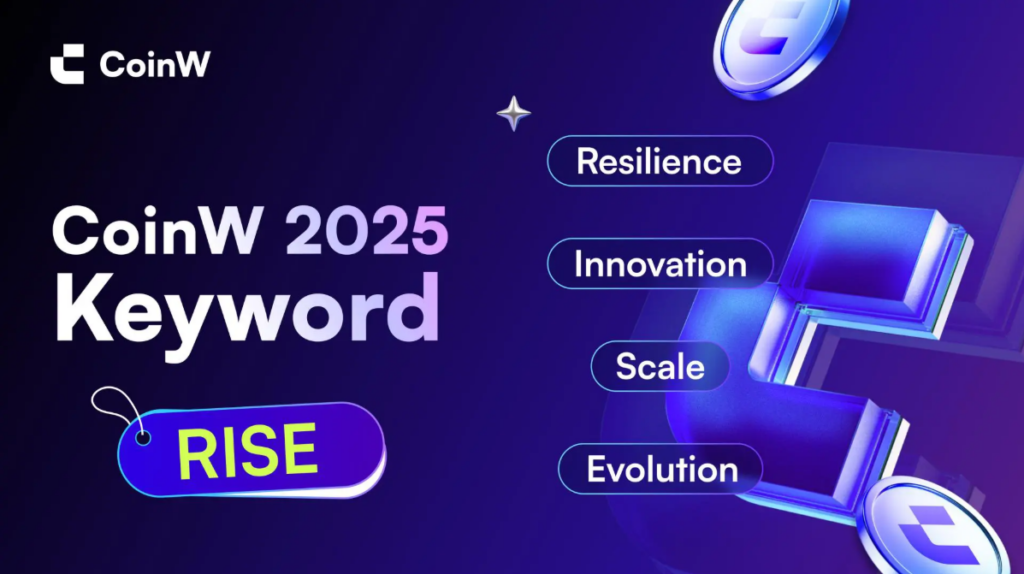The Ethereum Foundation is considering staking its ETH reserves to cover operational costs. Co-founder Vitalik Buterin shared insights on this potential decision, noting past hesitations and ongoing challenges. Historically, the Foundation avoided staking due to regulatory risks and concerns about maintaining neutrality during hard forks.
Buterin mentioned that regulatory concerns have lessened over time, but the neutrality issue remains. If the Foundation stakes ETH, it might have to take sides in future hard forks, which could compromise its impartiality. Currently, the Foundation funds its operations by selling ETH tokens and converting them into stablecoins. While this method avoids staking risks, it has faced criticism from some community members who believe staking could provide a more sustainable funding model.
Staking ETH has its challenges. Recently, staking rewards have decreased, making it less appealing. Additionally, ETH’s market share has dropped to a four-year low, and the token has underperformed even in a bullish market. This decline in demand and prices pressures the Foundation to seek alternative revenue sources.
Buterin addressed these concerns on X (formerly Twitter), explaining the cautious approach of the Foundation. He reiterated that while regulatory issues are less pressing now, the neutrality concern remains significant. He mentioned that there are ways to mitigate this concern, and the Foundation is exploring them.
Although there hasn’t been a major Ethereum hard fork in over a year, the risk of one still exists. If the Foundation decides to stake its ETH, it could lose its neutral stance during a divisive fork, which poses a significant barrier to direct participation in staking.
The community appreciates the transparency from the Ethereum Foundation regarding these issues. Many are glad that leaders like Buterin are discussing potential solutions. If market conditions worsen, staking ETH might become a more viable option for sustaining the Foundation’s activities. However, no final decision has been made yet, and the Foundation continues to assess its options, weighing the financial benefits against governance concerns and neutrality.



